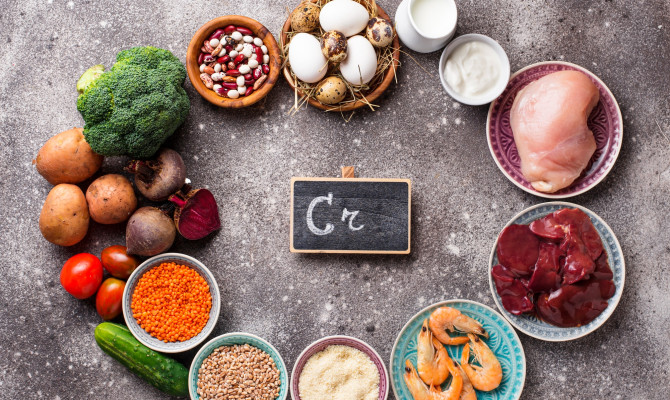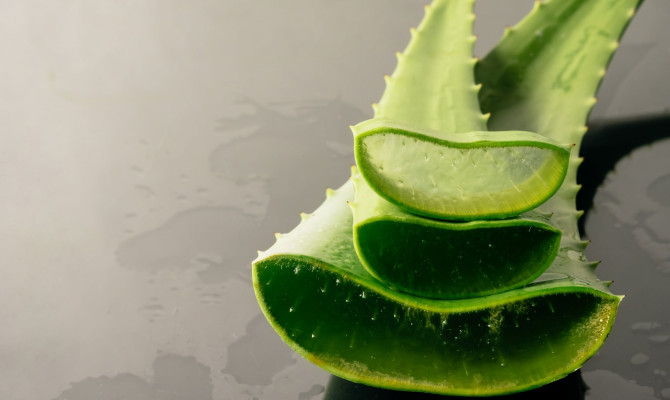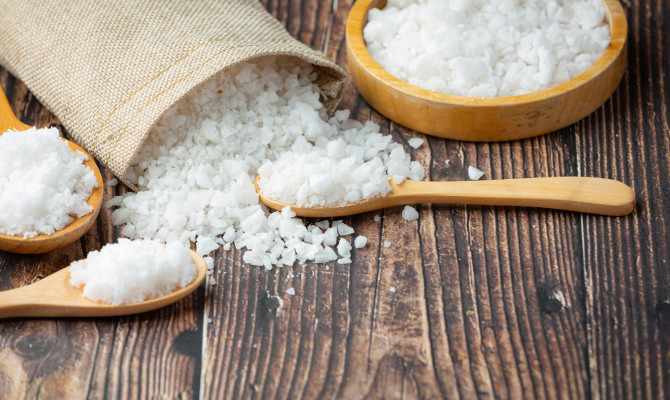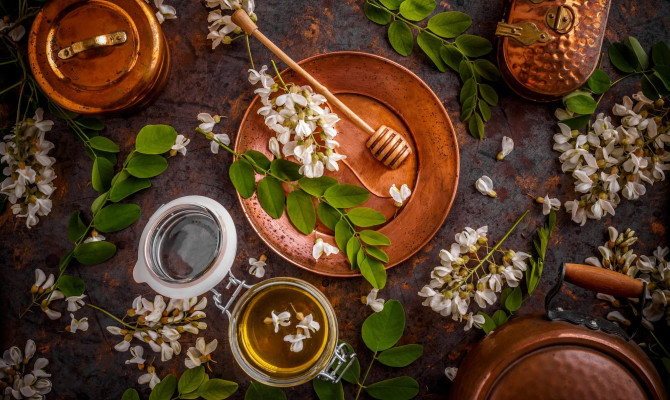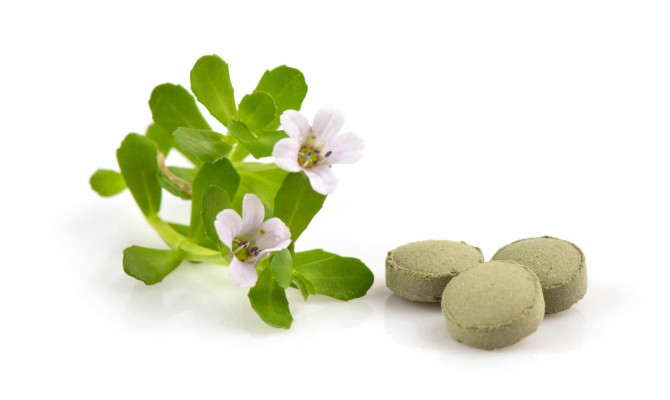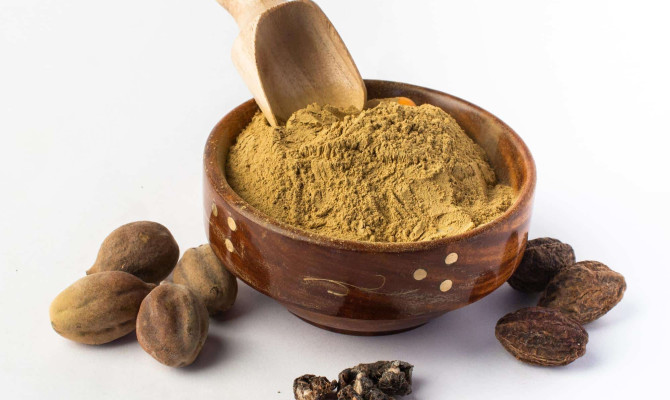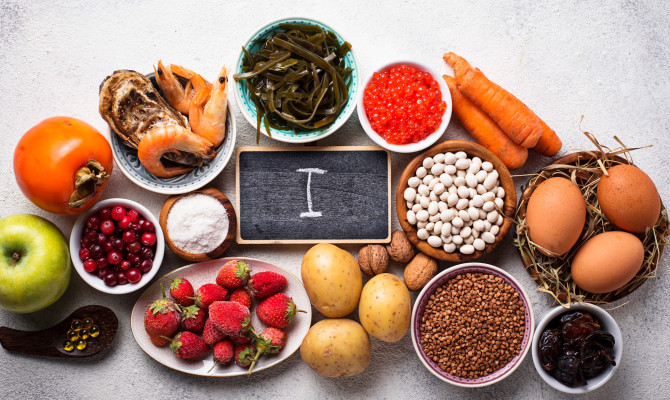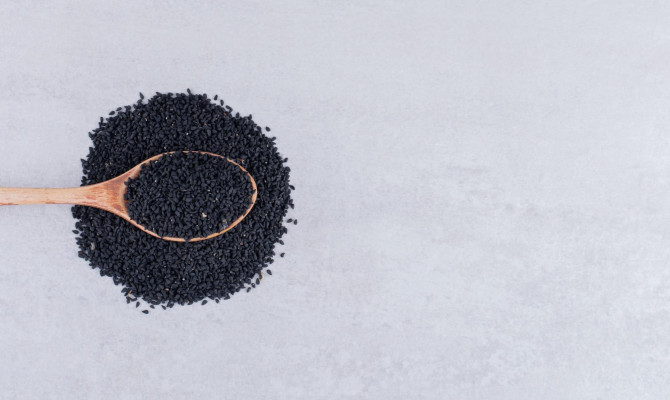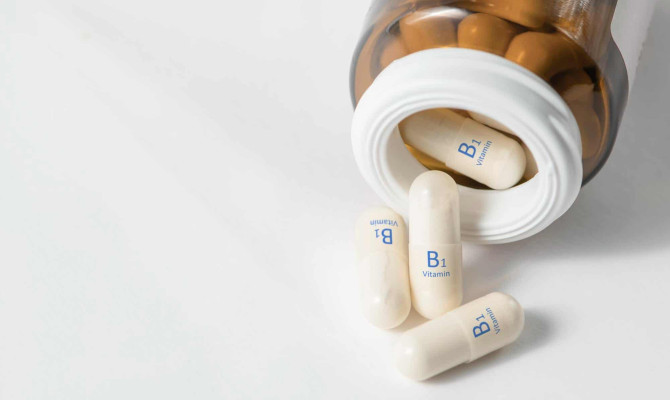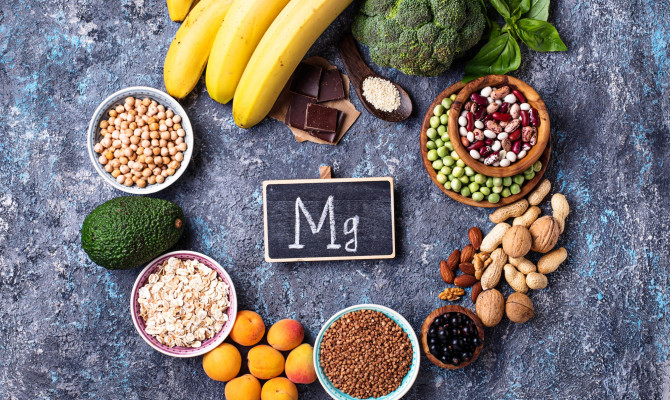What Is Natural Caffeine? How Is It Different From Synthetic Caffeine?

- Caffeine
- 19 Oct 2023
Overview
Natural Caffeine
Most individuals like having coffee or tea as a refreshing drink every morning or occasionally at other times. Both drinks have natural caffeine and are used globally as a popular refreshment or energizer. Even though people mix caffeine in several recipes and food products, people can find caffeine only in a few natural foods. There are two types of caffeine, viz; the natural and synthetic. Both are similar but have different outcomes in one’s body. The article will explore the distinction between synthetic and natural caffeine and assess caffeine-containing foods. It will also answer specific questions that people would like to know about natural caffeine 1 Overview | Researched based study from National Institutes of Health.

Natural Caffeine
What is Natural Caffeine?
- Natural caffeine is the plant extract from coffee, tea, and chocolate for using it in several foods and drinks. Globally, there are more than sixty plant species containing caffeine.
- The natural caffeine works by inhibiting the brain’s adenosine receptors. Adenosine is the chemical messenger that de-stresses and dilates the brain’s blood vessels and plays a role in the sleep-wake cycle.
- Caffeine obstructs adenosine from getting attached to the adenosine receptors, preventing the brain from recognizing that the body is tired and needs rest. Thus, caffeine prevents drowsiness and keeps one more conscious 2 Sources | Researched based study from National Institutes of Health .
Sources
Where can I get Natural Caffeine?
Several natural sources of caffeine are present in plants’ leaves, fruits, and beans. Some examples of the natural caffeine-containing foods are as follows-
- Green tea
- Decaffeinated coffee
- Coffee
- Chocolates and cocoa beans
- Guarana
- Kola nut
- Yerba mate tea
Green tea
- Green tea contains theanine amino acid that acts on the brain’s hippocampus region (memory center) and assists in decreasing stress
- Research has indicated that caffeine and theanine can improve thinking ability and alleviate nervousness
- 240 milliliter cup of green tea contains about 40 to 50 milligrams of caffeine. However, matured leaves have less caffeine than immature leaves 11 Sources| Researched based study from National Institutes of Health .
Decaffeinated coffee
- Decaffeinated coffee contains caffeine in a reduced amount. Decaffeinated coffee contains 5 to 11 milligrams of caffeine in 240 milliliter cups.
- 240 milliliters of decaffeinated coffee have 10 to 50 milligrams of caffeine, depending on the brand served, which is half the usual coffee.
- Research has indicated that drinking decaffeinated coffee along with usual coffee can decrease the chance of diabetes mellitus 12 Sources| Researched based study from National Institutes of Health .
Coffee
- Coffee is a popular beverage consumed globally for its health effects, such as improving mood, energy, and awareness.
- Research has shown that coffee can decrease the probability of Type 2 diabetes while increasing the chance of heart ailments.
- Two hundred forty milliliters (1 cup) of coffee contains 100 milligrams of caffeine, and individuals can consume up to four cups each day without any health issues 13 Sources| Researched based study from National Institutes of Health .
Chocolates and cocoa beans
- Cocoa beans contain natural caffeine; thus, all chocolates have some caffeine.
- Cocoa contains antioxidants along with caffeine and thus has several health benefits.
- One hundred percent cocoa chocolate contains caffeine equal to two and a half cups of coffee, while milk chocolate with 33% cocoa has caffeine similar to one cup of black tea 14 Sources| Researched based study from National Institutes of Health .
Guarana
- Guarana is a plant containing caffeine and methylxanthine (antioxidant)
- Research has shown to give health benefits such as controlling high blood pressure and weight gain 15 Sources| Researched based study from National Institutes of Health .
Kola nut
- The Kola tree produces Kola nut that contains natural caffeine. In Coca-Cola brands, people use it as a food additive and a flavoring agent 16 Sources| Researched based study from National Institutes of Health .
Yerba mate tea
- People extract Yerba mate tea from the Ilex tree, a natural caffeine source.
- Research has found it to be a heart-protective drink with other health benefits viz; antimicrobial; detoxifying properties 17 Sources| Researched based study from National Institutes of Health .
Natural vs Synthetic
Natural Caffeine vs Synthetic Caffeine
- Natural caffeine is found naturally in plants, while people prepare synthetic caffeine in the research laboratory with chloroacetic acid and urea.
- Synthetic caffeine is present in confectioneries, energy drinks, juice, soda, chewing gums, and sanitation products.
- Besides this, synthetic caffeine is also present in some pain medications and cosmetic products, viz, face lotions, lipsticks, and lip balms.
- A research study (2012) found caffeine extraction from plant sources is much more costly than synthetic caffeine. That is why people don’t enrich non-caffeine-containing foods with natural caffeine.
- The United States Food and Drug Administration have stated that the companies must mention on the product label if they enhance the product with caffeine. However, it is unnecessary to note in the natural caffeine-containing foods viz; coffee and tea. So always remember, if you find caffeine on the product label, it is synthetic and not natural.
- Moreover, the digestive system more quickly assimilates synthetic caffeine than natural caffeine; hence, synthetic caffeine imparts an individual a more rapid liveliness and attentiveness 3 Natural vs Synthetic Caffeine | Researched based study from National Institutes of Health .
Synthetic caffeine examples
Some of the examples of synthetic caffeine are listed below-
- Energy drinks
- Juice
- Soda
- Chewing gum
- Confectionaries viz; candy
- Cosmetic products viz; lipstick
- Hygienic products 3 Natural vs Synthetic Caffeine | Researched based study from National Institutes of Health .
Which is better: natural caffeine or synthetic caffeine?
- Both natural and artificial caffeine has identical chemical structure.
- Most people believe that synthetic caffeine gives maximum energy rapidly after consumption, accompanied by a sudden energy break, but to date, there is no scientific evidence to support the fact.
Effects
Studies on Natural & Synthetic Caffeine Effects
Both natural and synthetic caffeine have similar effects. There are only limited research studies that highlight a minimal difference in body effects post-consumption of synthetic and natural caffeine
- A study comparing synthetic and natural caffeine from coffee beans found that synthetic caffeine took around 35 minutes to boost the body’s energy level, while natural caffeine took approximately 45 -50 minutes to get the same energy level 4 Studies on Effects | Researched based study from National Institutes of Health .
- However, there is no indication of rapid energy decline in people who took synthetic caffeine
- Though theoretically, it is accurate that synthetic caffeine gets assimilated more rapidly than natural caffeine, it is doubtful if rapid assimilation leads to rapid energy decline
- Another study compared natural caffeine from two sources, guayusa leaf, and coffee beans, with synthetic caffeine. They found that all three caffeine’s assimilation in the body is very rapid, although synthetic caffeine is somewhat gradual in assimilation speed. However, all three had indistinguishable impacts on the body’s nervous system, heart rate, and blood pressure 5 Studies on Effects | Researched based study from National Institutes of Health .
Natural caffeine foods are rich in nutrients
Despite identical body effects and cell structure, the two have specific disparities one cannot ignore. Foods rich in natural caffeine are usually richer in nutrients. Some disparities between the natural and synthetic caffeine are listed below-
- Natural caffeine contains specific advantageous nutrients and compounds, unlike synthetic caffeine that do not have.
- In the case of coffee, the beneficial nutrients are vitamin B, phosphorus, potassium, manganese, and magnesium, along with certain antioxidants.
- The antioxidants help the body combat infections and prevent diseases and cell deterioration. However, research has indicated that the coffee’s antioxidant properties might vary based on the roasting technique 6 Studies on Effects | Researched based study from U.S. Department of Agriculture .
- Beverages and soda drinks containing synthetic caffeine lack the beneficial compounds of natural caffeine. That is why beverages and soda drinks are not associated with health ailments, while coffee controls tumors and specific health issues 7 Studies on Effects | Researched based study from National Institutes of Health .
Natural caffeine foods have less harmful compounds
- Natural caffeine contains beneficial compounds that are health-supportive, while synthetic caffeine contains specific substances that people should consume in moderation. Some of the examples are listed below-
- Beverages containing synthetic caffeine contain unhealthy energizers viz; inositol, L-carnitine, taurine, and glucuronolactone. To date still there is minimal research to indicate the harmful health effects of prolonged intake of these beverages 8 Studies on Effects | Researched based study from National Institutes of Health .
- Moreover, soda contains processed sugars, which have multiple ill effects on one’s health, viz, cardiac ailment, weight gain, and increased sugar level 9 Studies on Effects | Researched based study from National Institutes of Health .
- Hence, natural caffeine is more nutritious and healthier than synthetic caffeine.
FAQs
Frequently Asked Questions on Natural Caffeine
Q. Is natural caffeine healthy or good for you?
- Natural caffeine viz; coffee, tea is healthy for average health as long as the individual consumes it appropriately. Caffeine intake below 400 milligrams (i.e., 3to 4 cups coffee) is safe for most individuals
- However, excess consumption of tea and coffee can have adverse health effects.
Q. What is the difference between synthetic caffeine and natural caffeine?
- Synthetic and natural caffeine have the same impact on the body
- However, natural caffeine contains nutritious compounds and antioxidants that the synthetic one does not have. Also, natural caffeine does not contain hazardous compounds like synthetic caffeine.
Q. What is the best form of natural caffeine?
Some of the best forms of natural caffeine are listed below-
- Cocoa-chocolate, milk chocolate, hot chocolate
- Tea-White tea, green tea, black tea, oolong tea, yerba, matcha
- Coffee-decaffeinated coffee, filtered coffee, espresso 10 FAQs | Researched based study from National Institutes of Health .
Takeaway
Prefer Natural Caffeine over Synthetic Caffeine
Both synthetic and natural caffeine are identical in several manners. Although most people believe synthetic caffeine gives faster maximum energy and collapse, subsequent studies indicate that synthetic and natural caffeine have similar body effects. The prominent health impacts of natural caffeine are the nutritional benefits and antioxidant properties that have positive implications in controlling health ailments. However, energy drinks and beverages containing synthetic caffeine have fewer harmful substances. So, individuals should always prefer natural caffeine, like coffee and tea, instead of beverages (synthetic caffeine) to avert the probable health risk.
Any feedback on this article?
 This Articles content was accurate
This Articles content was accurate Very Informative Article
Very Informative Article I have a question or a comment
I have a question or a comment
 This article contains inaccurate content
This article contains inaccurate content This article was not helpful
This article was not helpful I have a question or a comment
I have a question or a comment
We appreciate your helpful feedback!
Checkout our social pages
References
-
National Institutes of Health
Overview
-
National Institutes of Health
Sources
-
National Institutes of Health
Natural Vs. Synthetic Caffeine
-
National Institutes of Health
Studies on Effects
-
National Institutes of Health
Studies on Effects
-
U.S. Department of Agriculture
Studies on Effects
-
National Institutes of Health
Studies on Effects
-
National Institutes of Health
Studies on Effects
-
National Institutes of Health
Studies on Effects
-
National Institutes of Health
FAQs
-
National Institutes of Health
Sources
-
National Institutes of Health
Sources
-
National Institutes of Health
Sources
-
National Institutes of Health
Sources
-
National Institutes of Health
Sources
-
National Institutes of Health
Sources
-
National Institutes of Health
Sources












